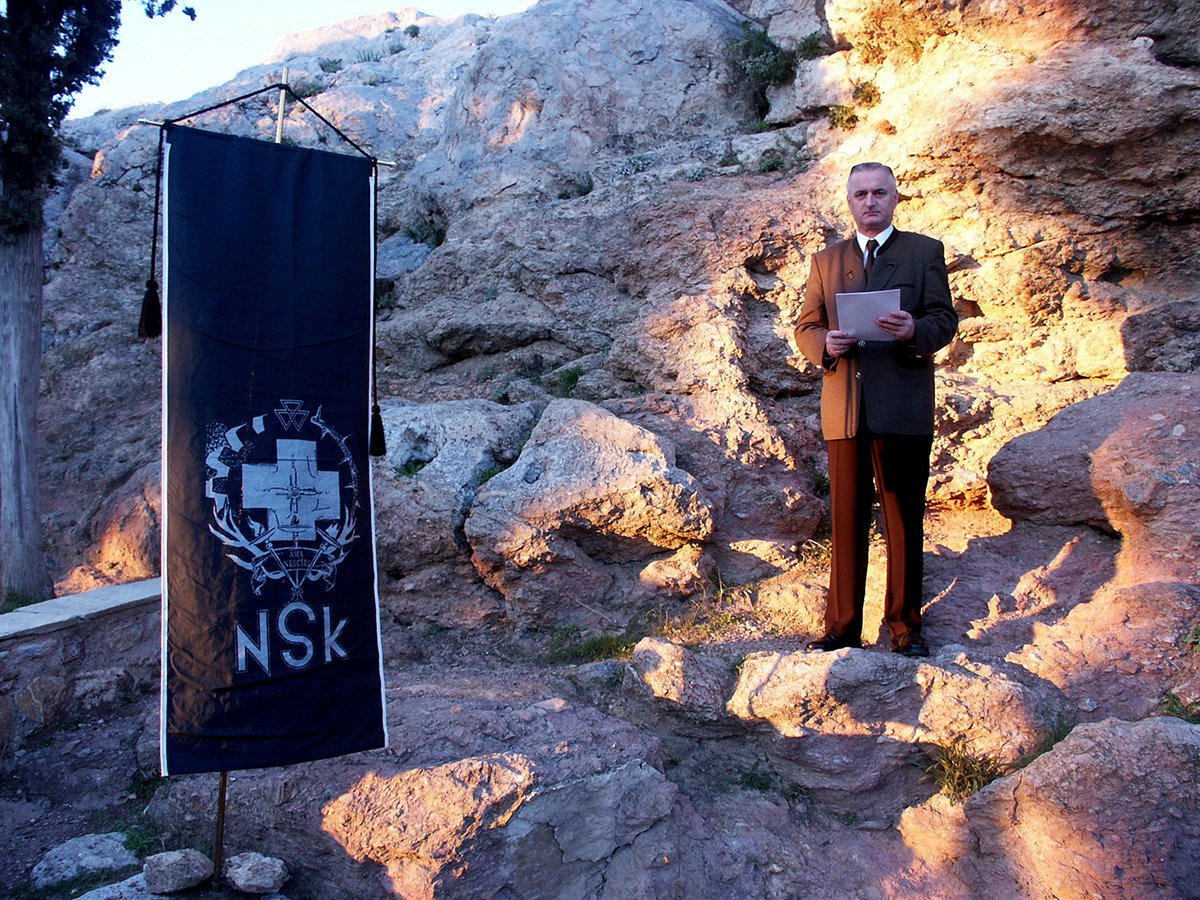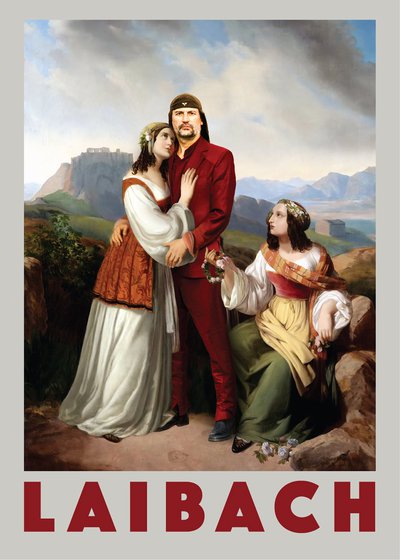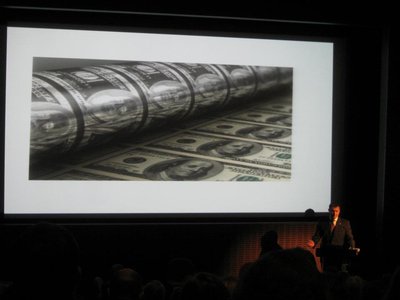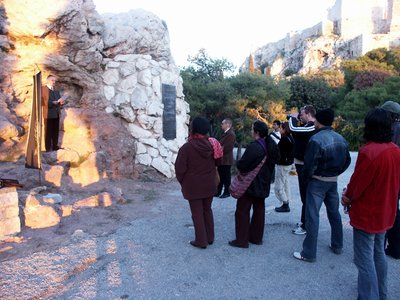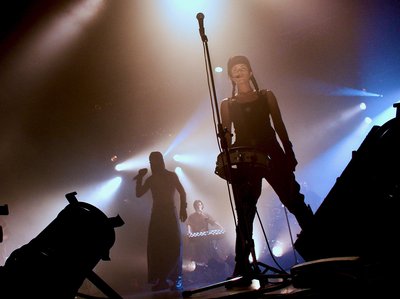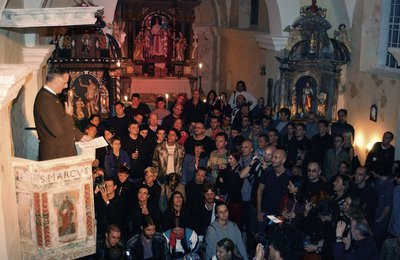If the present historical time defines the globalisation of the political, social and economic categories and factors with all their evilness and hopelesness, however right such structuration of the planet happening actuates the consciousness about the two border topics: 1.about the world base, the cause of globalisation and 2. about its surplus moment, thus the moment, which is however dictated by the universality logic itself, namely about the moment of the wider cosmological, metaphysical and eshatological dimensions.
Such conception of the definite element from the class of the substatial agenses of the modern history brutally fires the demand of creation of the definite re-sewing point, in which will identitically thicken all the symbol validity, assurance and value of this integral, world totality, cosmical and transcendent manifesting embodiement.
Under the concept of this symbolic identitiy embodiement we think about the physical construction of The Temple to the Unknown God. We think about spirit ground redefinition of our civilisational code. We think that such conception of the Thing can bring into the present planet structuration of the daily politics, economic processes and nihilistic trends the higher element of the Norm, sense, extatic attitude.
The first altar to the Unknown God was here in Athens. On the rock of Areopag, the Athens Supreme Court of Justice under Akropolis, St. Paul has his famous speech to the philosophers about the unknown God. The Apostole works say so: »Then Paul stepped in the middle of Areopag and began to speak: "The Athens men! By all I see, you are very religious. I was walking through your capital town and visited the holy objects. By that I noticed also the altar with the inscription To the unknown God. What you honour, not to know, I am announcing you...".
But what are the charateristics of that God, with whom St. Paul is identifying, though He is of »Greek origin«? What is this God, who should offer the basis for all worldly and supernatural, who should cover the Whole of human spirit? What philosophical contence can enable such a consciousness, in which people would start their process of conquering the elements of the bad in particular and reflecting their individual in the power of the One?
To make an outline of what we are thinking under the conceptual image of God, whose symbolic site will be set up in the small altar or temple in Athens, we are presenting seven points, which form the base for the whole understanding of our project.
- 1. If we limit the world with two basic cathegories of Being and nothing, stands God beyond and above both. For Him we cannot say whether He is or He is not. Therefore infinitely more of this, that Earth is round, is God God. Neither any fact of experience, nor any science can give us anything more truthful than this, that God is God. He is Non-term in Non-world with No-life and Non-logic.
- 2. The highest consistence, the last truth must be completely unprovable and groundless in consistency. Godness of God, his truthfulness criterion is right in that, that for Him consistence and inconsistence is not. This is that total Out of His.
3.When we speak of God, we say that the last and the ultimate is standing right at the opposite end of that, to that we have come the furthest. This last is right opposition of that extremely of ours. - 4. Therefore not even the position of uttering as “null class of the denoting chain”, as undefined materiality, isn’t that absolute place in subject, which should be in this its extreme ireductibiliy connected with God, but it would be only the last but one, where Outer merely begins from. That Last, which is neither mentioned nothing, nor that being, nor this last, nor that indefiniteness, but the real Transcendence.
- 5.God is Non-thinkable. Therefore he is Non-God. Absolute is thus that, what is neither element or class of the universe nor the infinite of the other wolds, but He-himself, who does not dwell.
- 6. Less than zero bases the World, drives it and makes alive in endless variety of elements and classes or it destroys it. Let’s be glad, we have found us in front of the desperate object of consciousness, when it is possible to think something, what is endless worse than nothing. Because Outside, in the Over-nonexistence, is All. The whole Being, truth and cognition. There is no World, there is no truth, for they are all in God.
- 7. That God is God, it must be at first confirmed and proved in its complete weakness, in the kingdom of the immense evil. Only then, when we say “Here is the end, we cannot go further anymore, not earlier than at the bottom itself, only in the worst woe we can start to talk about God as God. The Absolute is only so, that it first subjects to the complete negation, but it is in the same, when the negation seizes it and consumes it – when at the end remains only that negation - still yet it itself, the endless difference to negation. Where Absolute is denied, is it its beginning.
According to these principles, which are implicated in St. Paul's speech, we have to do with the God of all gods, with the God as a cross-section of all godly and worldly, with the global God, thus even with the ateists God, for also its negation is already in Him himself and in whom all the religions are one and the whole world is one. And the liberating attitude of all the humanity is in His sight.
With Paul's speech to the people of Athens and their altare to the Unknown God there is also one important thing to be stated. I speak of the »corner stone« of the most radical directions in the philosophy of religion or in the theology itself. It concerns so called direction of the apophatical, negative theology and mystic philosophy which roots go back to Platon, but this mental orientation reaches one of its »absolute phases« in the most mysterious person of the European philosophy, in the name of Pseudo Dionisius Areopagites. And here starts the enigma. Among the audience who was listening to the Paul's speech was also the Athenian judge Dionizij. He accepted the Christian religion, he became the first Athenian bishop and as a St. Dionizij also the protector of Athens. In the history of philosophy exists thus the eternal question, if it isn't right that Paul's scolar the author maybe of the most extreme theory about the Absolute or there is some other person, hidden behind that name and never to be identified.
We say, the first altar to such God had been set up here, in Athens. Therefore the duty and the main aim of our project at the Department of Pure and Practical Philosopy at NSK is, that the point of the re-sewing of the world physics and metaphysics, that small altar which presents the crucial turnover in the thought about the Absolute and symbolically embraces the globe, return it into the consciousness of the planet community and bring it back to the Greeks, to Athens. Like a gift of something what was once theirs, but is of all now. But it is of all now in its world ethical orientation.
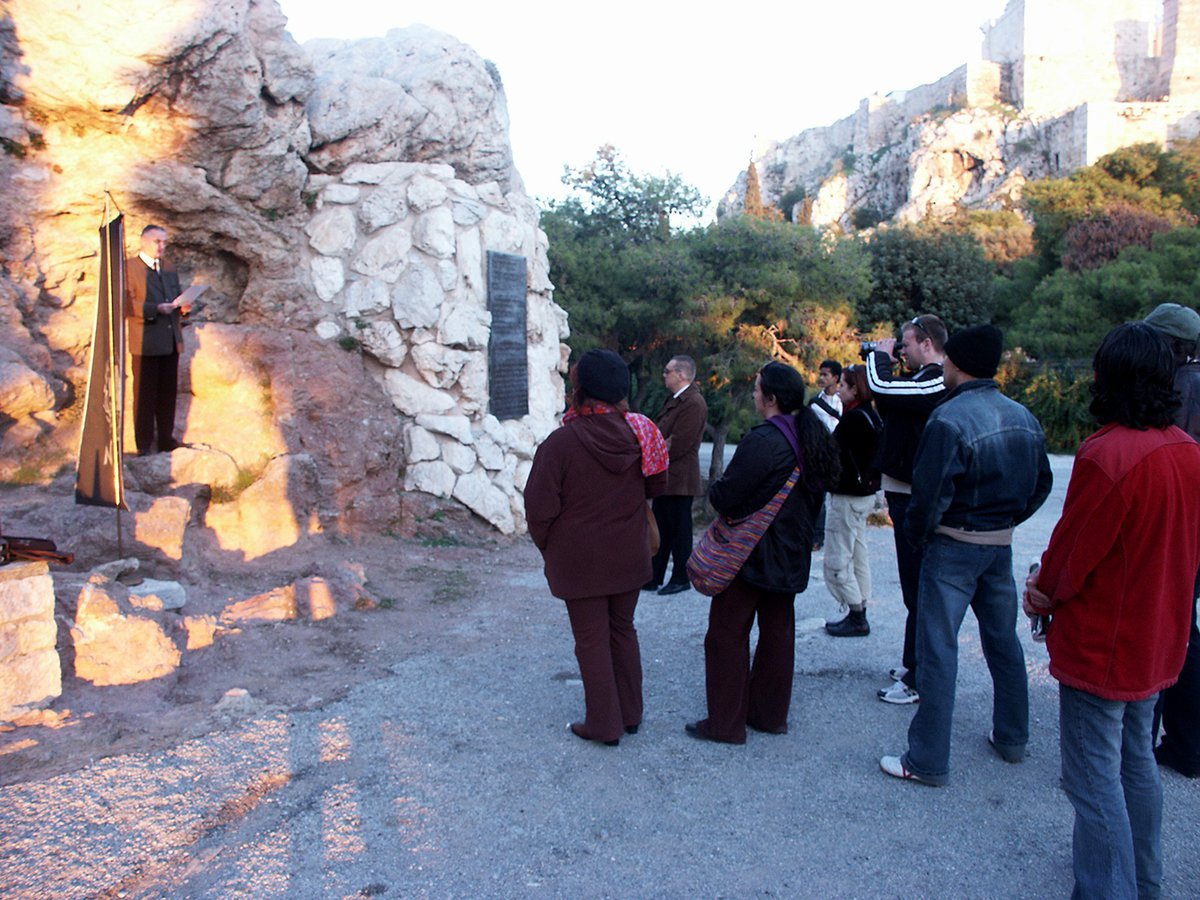
 Peter Mlakar at the holy rock of Areopagus under the Acropolis. Photo by Haris Hararis
Peter Mlakar at the holy rock of Areopagus under the Acropolis. Photo by Haris Hararis
